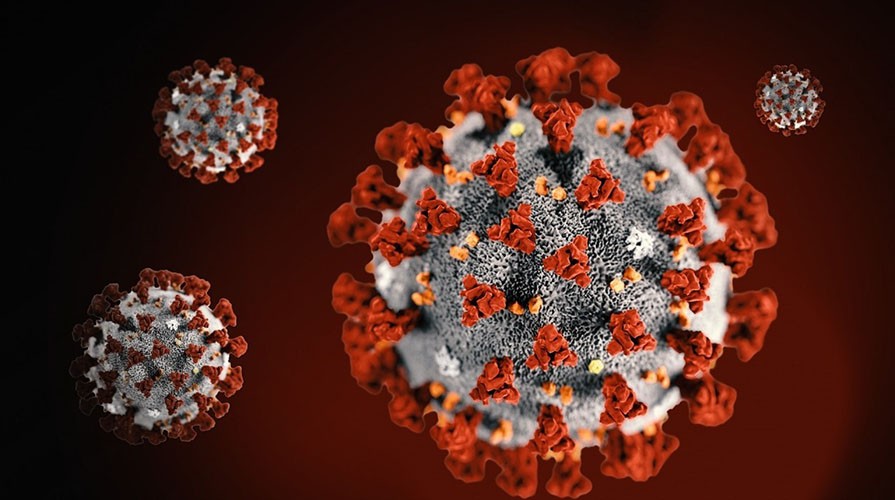Click here to register with MedStar for a COVID-19 Vaccine.
MedStar’s crews continue to meet the COVID-19 challenges head-on in support of the community. A key component of this support is preserving local healthcare resources by NOT transporting patients from a 9-1-1 response who have only mild symptoms that are consistent with COVID-19. In these responses, after making a thorough patient assessment, patients are advised by the MedStar personnel that they do not need transport to an emergency room. Patients are provided an informational brochure about local resources to address their medical needs.
Click here to view the leave-behind document in English.
Click here to view the leave-behind document in Spanish.
Other ways MedStar is supporting the COVID pandemic in our community:
- Conducting mobile COVID-19 vaccine clinics at community centers and other locations to increase the availability of vaccines in the community.
- Supporting monoclonal antibody (mAb) infusions for mildly symptomatic COVID+ patients to prevent progression of the illness, potentially leading to hospitalization.
- Providing clinical and support personnel at various ‘Mega’ vaccine clinics in Tarrant and Denton County.
- In partnership with Tarrant County Public Health (TCPH), our Mobile Integrated Healthcare (MIH) teams continue to conduct drive-by COVID-19 testing for healthcare workers, first responders and others at our HQ facility in Fort Worth. Weekday mornings between 8 and 9, an average of 15 people come by for testing.
- Also in partnership with TCPH, MIH teams conduct in-home COVID-19 testing for people who are not able to leave their homes.
- Our MIH team receives referrals from community organizations like Meals on Wheels and the United Way of Tarrant County for home-bound people who appear to need a medical evaluation.
- Providing medically necessary ambulance services moving patients from hospitals that are nearing maximum capacity to other hospitals with capacity.
How can I avoid infection with COVID-19?
The best way to prevent infection is to take precautions to avoid exposure to this virus, which are similar to the precautions you take to avoid the flu. CDC always recommends these everyday actions to help prevent the spread of respiratory viruses, including:
- Wash your hands often with soap and water for at least 20 seconds. If soap and water are not available, use an alcohol-based hand sanitizer.
- Avoid touching your eyes, nose, and mouth with unwashed hands.
- Avoid close contact with people who are sick.
- Stay home when you are sick.
- Cover your cough or sneeze with a tissue, then throw the tissue in the trash.
- Clean and disinfect frequently touched objects and surfaces.
For more information on the COVID-19, visit:
The CDC’s Coronavirus Situation Update Home Page
The Texas Department of State Health Services.
COVID-19 Medical Screening Tools:
Click here for a tool available from Medical City Healthcare
Click here for a tool available from Baylor Scott and White Healthcare
Click here for a tool available from Tarrant County Public Health
Texas Health Resources has made a COVID-19 Helpline available at 682-236-7601
To view MedStar’s protocols for caring for patients who may be at-risk, under investigation, or confirmed COVID-19 patients, click here.
MedStar Coronavirus Activities & Precautions
Since the start of the pandemic, MedStar has maintained a laser focus on the health and safety of our team members, our patients and our community.
We maintain and continually update organizational policies and procedures based on guidelines issued by the Centers for Disease Control for healthcare professionals, as well as the CDC guidance for emergency medical services.
As the CDC updates it guidance for healthcare professionals, we update our policies and assure all team members are aware of, and in compliance with these guidelines.
Click on the links below to view MedStar’s current policies related to:
Precautions for Team Members Exposed to COVID-19
Precautions for Team Members with COVID-19
Return to Work Criteria for Team Members
We are thankful to our local media outlets for profiling many of these activities in recent news reports linked below:
COVID response volumes and impacts on MedStar and our Crews:
CBS 11: COVID potential impacts on bystander CPR rates
FOX News Report: Coronavirus crippling emergency response agencies: ‘What if you call EMS and nobody comes?’
CBS 11 story on EMS response volume and hospital transports
NBC 5 Story on COVID-19 vaccine administration planning activities
ABC 8 story on tips for a COVID-safe Thanksgiving
CBS 11 story on EMS response volume and advice on not delaying calling 9-1-1
NBC 5 Story on COVID related response volume
Early in the pandemic, our local media outlets reported on the challenges of the pandemic and they ways MedStar is meeting these challenges.
Here are some of the news reports from early in the pandemic:
- NBC 5’s Scott Gordon and Vince Simms report on the 9-1-1 dispatch and on-scene mitigation strategies used by MedStar. Click here to view the news report.
- ABC 8’s Eric Alvarez describes MedStar procedures for COVID-19 and the shortage of personal protective equipment (PPE) for first responders. Click here to view the news report.
- ABC 8’s Eric Alvarez provides an update on MedStar’s preparations for potential COVID-19 patients. Click here to view the news report.
- NBC 5 provides an update on MedStar’s preparations for potential COVID-19 patients. Click here to view story #1 and click here for story #2.
- FOX 4’s Natalie Solis interviews MedStar’s Medical Director on new protocols and procedures for COVID-19. Click here to view the story.
- ABC 8’s Lauren Zakalik explains MedStar’s preparations for COVID-19. Click here to view the story.
- CBS 11’s Jack Fink covers the healthcare system’s COVID-19 preparations, including MedStar. Click here to view the story.
- NBC 5’s Lili Zheng reports on MedStar’s activities preparing for the COVID-19. Click here to view the story.
Click below to view MedStar’s PPE Donning and Doffing Procedures
MedStar Donning and Doffing Procedures
MedStar has been in continual contact and coordination with our local medical control authority and hospital partners, as well as regional, state and national health officials, as recently as this morning.
We are beginning additional dispatch and on-scene patient screening for any 911 calls in which the patient has a respiratory ailment.
The additional screening includes questions regarding the patient’s recent history of travel to areas where the corona virus has been suspected or close contact with people from effected areas who are symptomatic for a respiratory infection.
We are also undertaking special ambulance preparations –
- Speed packaging personal protective equipment (PPE) kits for field staff
- Including gowns, high-efficiency face masks with splash guards, hoods and of course, gloves
- We will also be placing surgical masks on patients with respiratory illnesses to help prevent droplet contamination
Transmission Prevention –
- Similar to FLU prevention precautions
- Frequent hand washing, avoiding respiratory exposure, and if you are sick, STAY HOME
Further background information is available at the CDC’s Health Advisory Network:
https://www.cdc.gov/coronavirus/2019-nCoV/hcp/clinical-criteria.html






